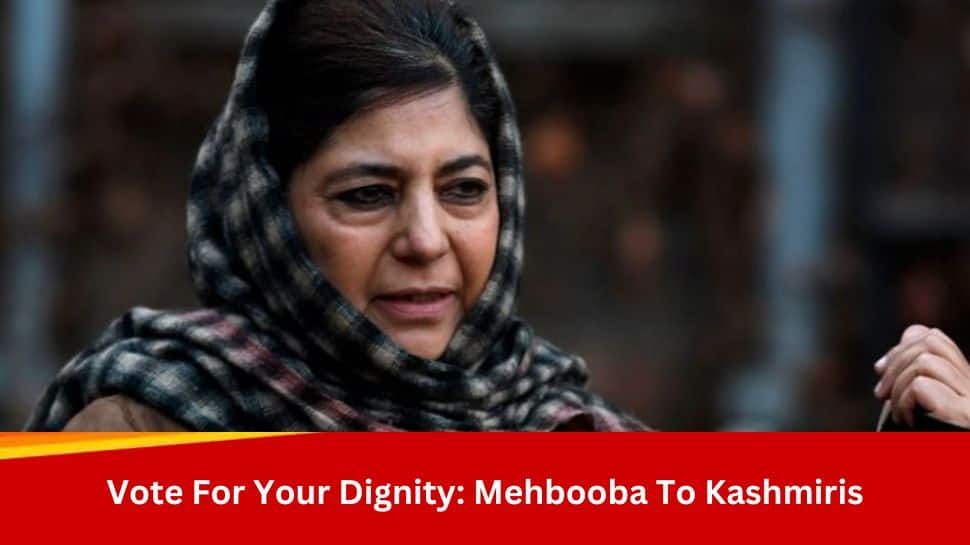The spike in e-retail will be driven largely by the mega sale events being hosted by Amazon and Walmart-owned Flipkart. The ecommerce giants are together expected to rake in sales of about $4.8 billion during the week of October 15-21, the report said.
In an earlier forecast, ecommerce industry tracker RedSeer Consulting had said that online sales could almost double to $7 billion during this year’s month-long festive season.
“Don’t read this 34% growth (in ecommerce sales) as retail spending coming back,” said Satish Meena, senior forecast analyst at Forrester Research who estimates the number of online shoppers this year will rise to about 60 million up from last year’s figure of 45 million e-shoppers.
A new report from RedSeer Consulting also indicated more consumers are opting to shop online this festive season, as they look to stock up further on grocery, which will double its share to 6%. Other favourite buys will be in categories such as home and furniture as well as appliances, which is expected to account for about 14% of gross sales up from 12% last year.
The scramble for smartphones and consumer electronics, for long the mainstay of online retail in India, has slowed this year, according to the findings by Forrester. Smartphones are expected to drive 34% of gross sales during this festive period compared to 36% last year, while consumer electronics will contribute about 17%, the report said. However, the highest degrowth will be in the once-popular fashion segment, which is expected to account for just 16 % of overall sales compared to 24 % last year.
“There is a cut in spending, but since this is the festive period and there is more visibility around the pandemic, some salaries have been restored, these are coming together to drive demand,” said Meena.
“But it’s clear that instead of going to (physical) stores, people are shopping online,” he said.
In its survey, RedSeer said it saw 91% respondents saying they’d shop online, versus 87% last year. The biggest increase is coming from the metros where 90% respondents said they’d shop online this year compared to 80% last year.
This clear shift in consumer preference for online shopping is causing brands to alter their strategies.
Shital Mehta, CEO, Max Fashion India & Managing Director, Lifestyle International told ET that the company has strategically expanded its online reach by launching on Myntra and Flipkart. “With these partnerships we get to expand our reach using e-commerce supply chains and reach a wider set of customers without affordable fashionable merchandise,” he said.
Max had earlier partnered only with Amazon in India.
“Brands have taken ecommerce seriously post covid-19 and have aggressive online sales targets in festive and beyond,” said Ujjwal Chaudhry of RedSeer Consulting who estimates that the online channel for brands could see a five-fold expansion in the festive period compared to pre-COVID levels. “Private labels (owned by the ecommerce companies) are expected to account for 10% of gross sales,” he said.
var secname=””;
var agename=””;
secname=”Tech News”;
agename=””;
var _sf_async_config={uid:10538,domain:”gadgetsnow.com”};
_sf_async_config.sections = secname;
_sf_async_config.authors = agename;
_sf_async_config.useCanonical = true;
//– BEGIN Chartbeat CODE —
if(typeof TimesGDPR != ‘undefined’ && typeof TimesGDPR.common.consentModule.gdprCallback == ‘function’){
TimesGDPR.common.consentModule.gdprCallback(function(dataObj){
if((typeof dataObj != ‘undefined’) && !dataObj.isEUuser){
(function(){
function loadChartbeat() {
window._sf_endpt=(new Date()).getTime();
var e = document.createElement(‘script’);
e.setAttribute(‘language’, ‘javascript’);
e.setAttribute(‘type’, ‘text/javascript’);
e.setAttribute(‘src’,
((“https:” == document.location.protocol) ? “https://s3.amazonaws.com/” : “http://”) +
“static.chartbeat.com/js/chartbeat.js”);
try{document.body.appendChild(e);}catch(e){}
}
$( window ).load(function() {loadChartbeat();});
})();
}
});
}
//–END Chartbeat CODE —
//– Facebook Pixel Code —
!function(f,b,e,v,n,t,s){if(f.fbq)return;n=f.fbq=function()
{n.callMethod? n.callMethod.apply(n,arguments):n.queue.push(arguments)}
;if(!f._fbq)f._fbq=n;
n.push=n;n.loaded=!0;n.version=’2.0′;n.queue=[];t=b.createElement(e);t.async=!0;
t.src=v;s=b.getElementsByTagName(e)[0];s.parentNode.insertBefore(t,s)}(window,
document,’script’,’https://connect.facebook.net/en_US/fbevents.js’);
fbq(‘init’, ‘1181341651961954’); // Insert your pixel ID here.
fbq(‘track’, ‘PageView’);
//– DO NOT MODIFY –>
//– End Facebook Pixel Code –>







More News
Gun And Violence Gave Nothing To Kashmir, Vote To Fight For Your Rights: Mehbooba Mufti
Won’t go by ‘Marxist interpretation’ of wealth redistribution, says SC | India News – Times of India
Fake Shiv Sena Chief Didnt Attend Pran Pratishtha Due To Sonia Gandhis Fear: Amit Shah Attacks Uddhav Thackeray